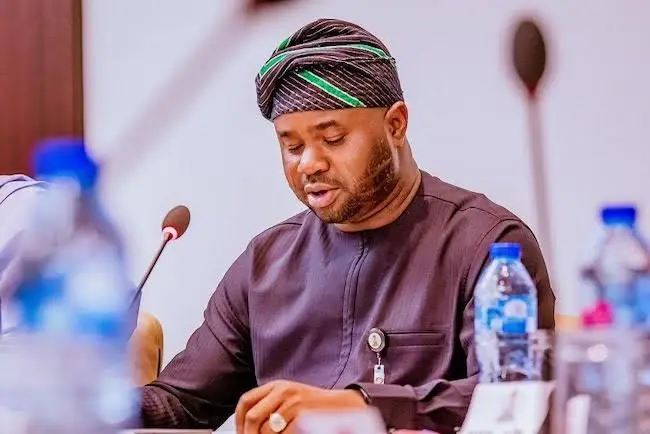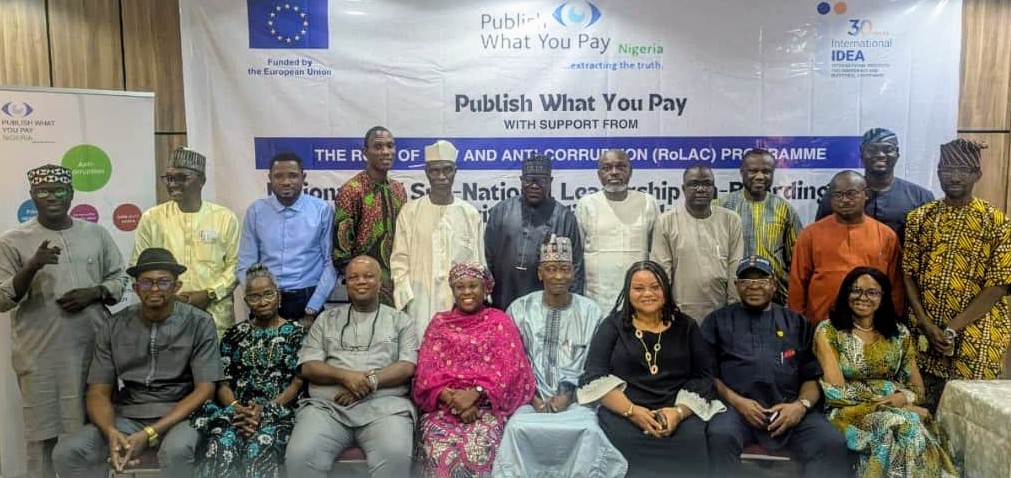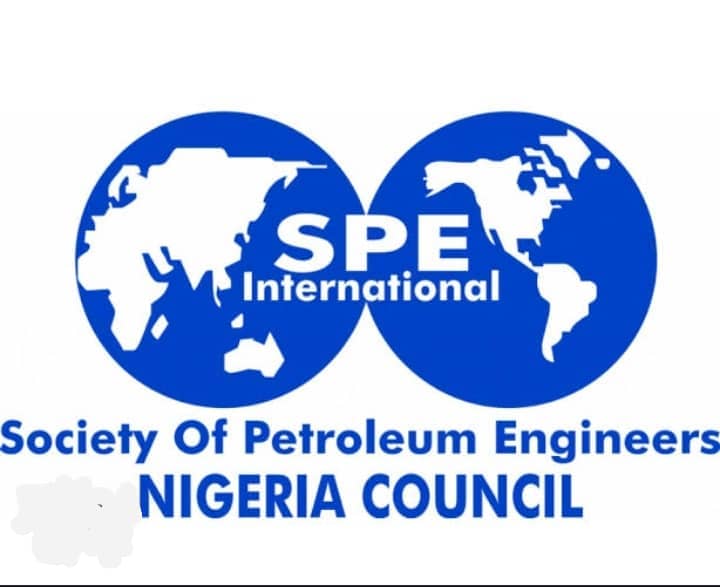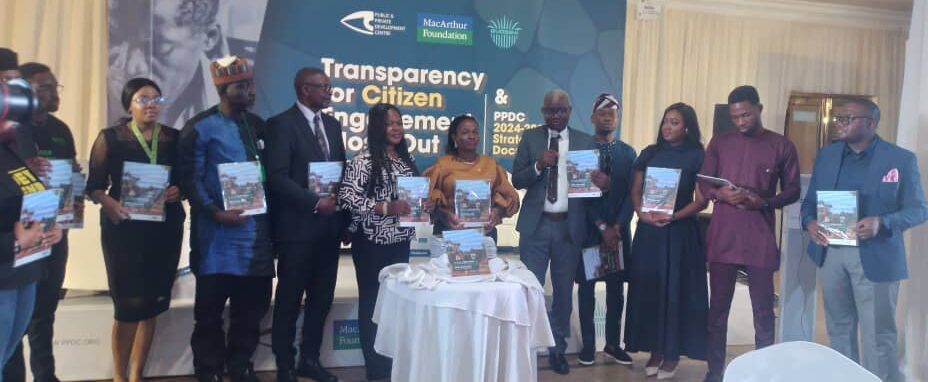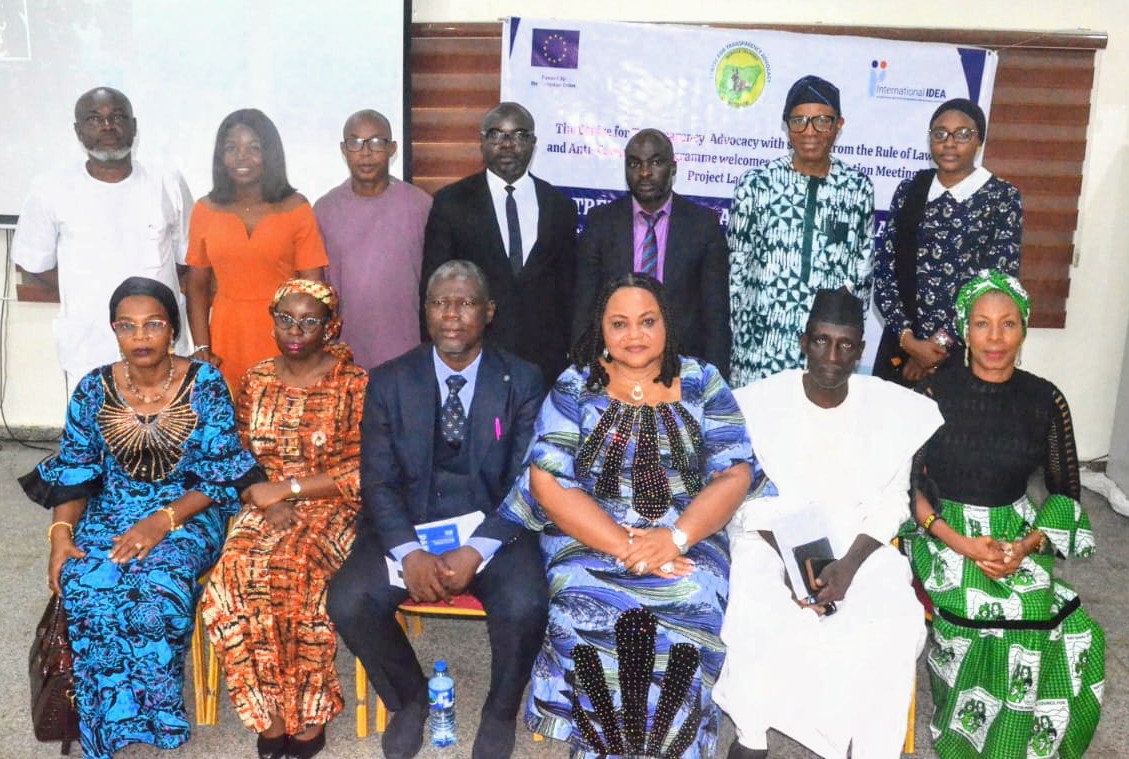NAE, firm partner to create national accountability frameworks
By Abigael Joshua Cloneshouse, a specialist evaluation firm, has pledged to support the Nigerian Evaluation Association (NAE) to ensure transparency and responsible use of resources by performing assessments and creating national accountability frameworks. Mr Onochie Mokwunye, Director, Strategic Partnership and Programmes, Cloneshouse said this at the 2025 NAE and Monitoring,Continue Reading












